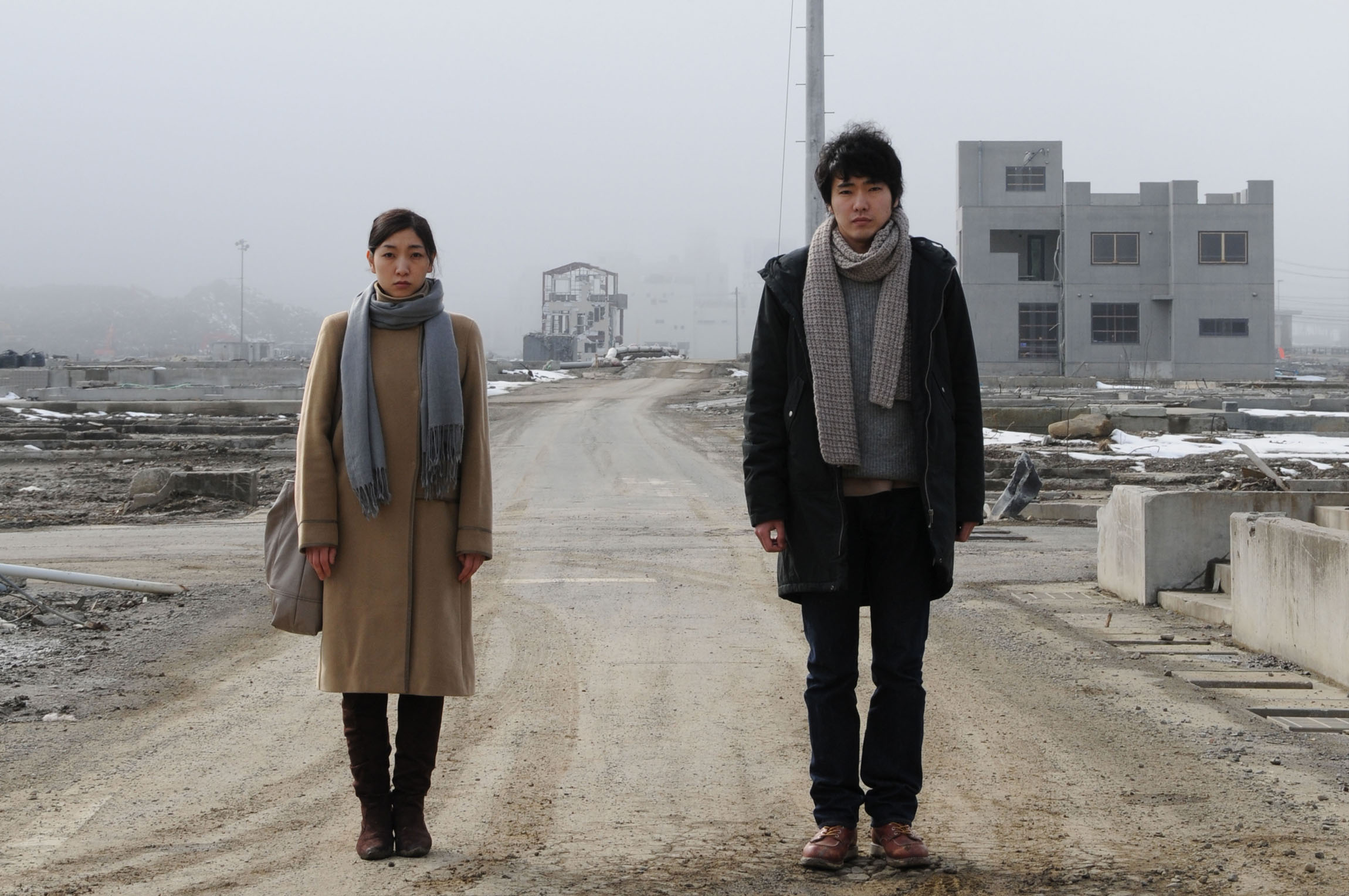Actors see, up close and personal, how directors do their job — and not a few imagine they can do it better. But the number of Japanese actors who move successfully into the director's chair is small, one reason being that roles in the film world here are defined more rigidly than elsewhere.
Actor-director Eiji Okuda, however, has been defying norms and categories for much of his career. As an actor he was something of a late bloomer: Born in 1950, he was pushing 30 when he got his first starring role in Toshiya Fujita's 1979 drama "Motto Shinayaka ni, Motto Shitataka ni" ("More Flexibly, More Forcefully"), playing the male apex of a love triangle.
Also, at a time when the Japanese film industry was trying to reverse its declining fortunes by dumbing down its products, Okuda was winning prizes for appearing in unapologetically arty fare, including Kei Kumai's 1986 and '89 films "Umi to Dokuyaku (The Sea and Poison)" and "Sen no Rikyu: Honkakubo Ibun (Death of a Tea Master)." Then, in the 1990s, he won new fans playing self-harming gangsters and other offbeat types for such directors as Tatsumi Kumashiro ("Bo no Kanashimi" ["Like a Rolling Stone"], 1994) and Rokuro Mochizuki ("Onibi [The Fire Within]," 1997).

















With your current subscription plan you can comment on stories. However, before writing your first comment, please create a display name in the Profile section of your subscriber account page.